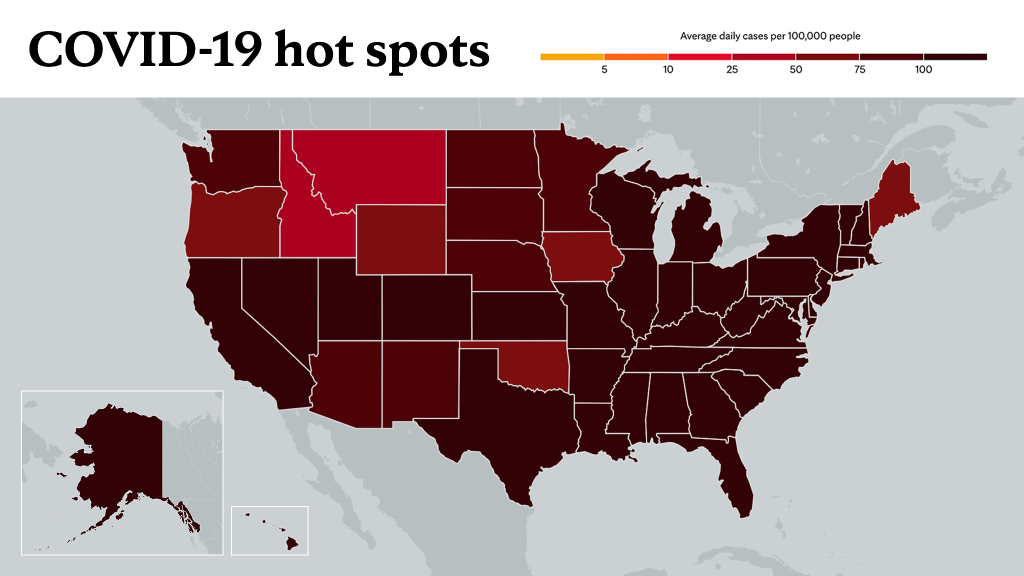-
Mayo Clinic Q&A podcast: Finding credible COVID-19 information online

Information about COVID-19 changes rapidly. While the internet can be a great source of information, the spread of COVID-19 misinformation has made it difficult for consumers to decipher fact from fiction. How do you know if the information you find online is accurate?
"People often get their news from social media," says Dr. Melanie Swift, a Mayo Clinic preventive medicine physician. "And that's probably the worst way to get your news, because you get a mix of valid information, opinion and, frankly, propaganda."
When evaluating information online, the surgeon general recommends a quick health misinformation checklist:
- Did you check with the Centers for Disease Control and Prevention (CDC) or the local public health department to see whether any information is available about the claim being made?
- Did you ask a credible health care professional, such as your health care professional, if they have any additional information?
- Did you type the claim into a search engine to see if it has been verified by a credible source?
- Did you look at the About Us page on the website you're referencing to see if you can trust the source?
- If you’re not sure, don’t share.
Dr. Swift urges people seek to out reliable sources for scientific information. " The CDC, the National Institute for Allergy and Infectious Diseases (a branch of the National Institutes of Health), and Mayo Clinic and other academic medical centers, maintain websites that can be trusted sources for COVID-19 information," says Dr. Swift.
On the Mayo Clinic Q&A podcast, Dr. Swift offers tips for finding credible health information online.
Watch: Dr. Swift discuss tips for finding credible health information online.
For the safety of its patients, staff and visitors, Mayo Clinic has strict masking policies in place. Anyone shown without a mask was either recorded prior to COVID-19 or recorded in a nonpatient care area where social distancing and other safety protocols were followed.
Information in this post was accurate at the time of its posting. Due to the fluid nature of the COVID-19 pandemic, scientific understanding, along with guidelines and recommendations, may have changed since the original publication date.
For more information and all your COVID-19 coverage, go to the Mayo Clinic News Network and mayoclinic.org.
Learn more about tracking COVID-19 and COVID-19 trends.








